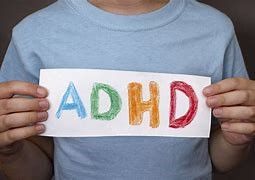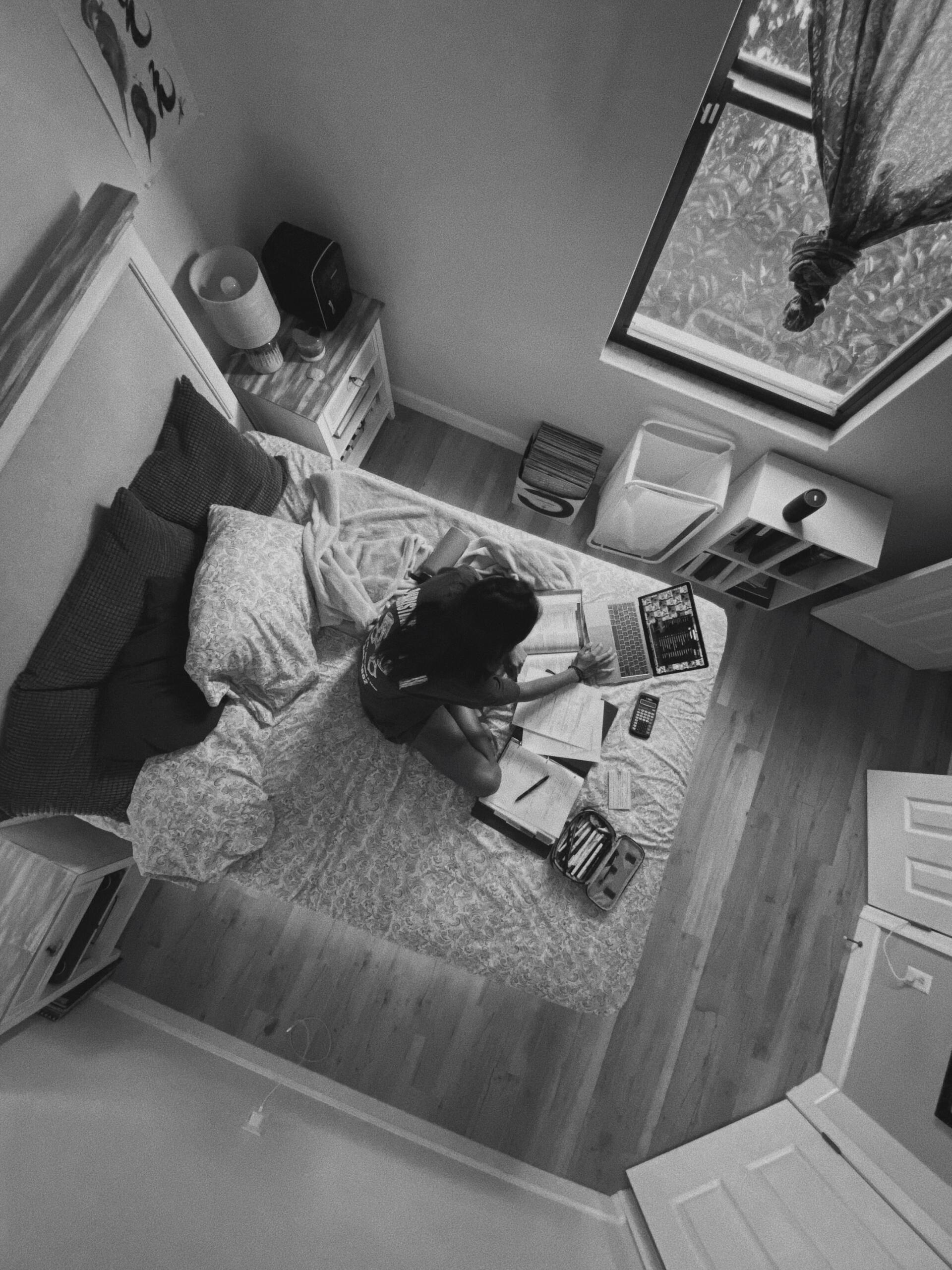Fear Explained
Linda John • 3 April 2020
Fear is at the basis of most disfunctions, it is at the route of all phobias and it creates the anxious state of an individual’s being. At its worse, fear can imprison us to the point of agoraphobia and compulsive urges to perform rituals, obsessions with tidiness and black and white concepts are a signpost to a deep routed fear. We do such things to comfort ourselves as a way of supressing the feelings that we cannot cope with.
Emotional Therapy is there to help clients to feel the fear and address the pain of that moment when the emotions are released. The emotional therapeutic purpose is to support individuals by helping them to realise that because they are frightened it does not mean that they are ‘no good’ and that it is ok to admit to being frightened.
The author Susan Jeffers who wrote the book ‘Feel the fear and do it anyway’ believes that there are three levels of fear. Level one defines the events that happen to us of which we have little or no control. Examples of this could be children leaving home, accidents, war, and retirement. Level one could also be situation where action is required that may stir up personal fears such as interviews, public speaking, making friends, losing weight, or changing careers.
Level two takes it one step further and these fears touch every part of our everyday life. Fears such as rejection, failure, vulnerable, being conned, loss of image, etc. Such fears come from within us and indicate the state of mind and how we view ourselves and the world. In order to protect ourselves to avoid the fear feelings of rejection and so on, we draw on our survival tactics which we learned at a very young age during early childhood from events, people that have affected us.
We pick up fears from our carers and this can often come in very innocent form for instance, when a mother tells her child walking into the school gates to ‘be a good girl’ or don’t be silly today, don’t do this, don’t do that. As we grow into adulthood the fears, we carry with us can sometimes inhibit the way we would like our lives to be and becomes a very negative aspect in our life.
When an individual goes to an Emotional Therapist it is a cry out for that person to find their inner strength and power to enable them to deal with these negative feelings that are affecting their very soul.
When you put the words ‘I can’t handle it’ in front of every fear you then have level three. The mother calling ‘be careful’ to the child at the school gates is what makes us believe that we will not be able to cope if something happens. Most often, the anticipation of something going wrong is far greater than the reality. When things do go wrong, we more often cope better than we thought. Wasting time and energy on things that may never happen is described as fearing the fear.
If we face the fear the chances are that we will be able to handle it. Whereas if we turn our back on the fear, it can overwhelm us. Emotional Therapy supports the client through facing their fears, acknowledging that the fear is immensely powerful and accepting it. It is not the Emotional Therapists role to rationalise the clients out of their fears. The Emotional Therapy process is there to help the client to eventually support themselves by learning to sooth their inner child by treating the source, therefore eliminating the symptom.

Counselling can help to get rid of negative thoughts and reduce the amount of time spent procrastinating. Clients will learn how to manage their symptoms. There are some good role models who have ADHD and are able to hyper focus which can drive them to achieve and be successful in business, entrepreneurs like Richard Branson, Jaimie Oliver and Athletes like Michael Phelps, Magic Johnson, Michael Jordan and Jackie Stewart.

Whilst the internet has been one of the most useful pieces of modern technology, it has created monsters in its social media platforms by allowing cyberbullying to get out-of-control in the 21st century. The aim of social networking is to bring people together, to instantly connect with others e.g., instant messaging, email, or text messaging.



